Liver: An Essential Organ in the Human Body
The liver is an essential organ located in the upper right-hand side of the abdomen. It is the largest internal organ and performs a wide range of functions that are crucial for maintaining good health.
Functions of the Liver:
- Detoxification: The liver plays a key role in detoxifying the body by breaking down and removing harmful substances such as alcohol and drugs.
- Metabolism: It is involved in the metabolism of carbohydrates, fats, and proteins, as well as the production and storage of glucose.
- Production of Bile: The liver produces bile, which is important for the digestion and absorption of fats in the small intestine.
- Storage: The liver stores important nutrients such as vitamins and minerals, as well as glycogen, which is a form of energy storage.
- Regulation of Blood Clotting: It synthesizes proteins that are essential for blood clotting, helping to prevent excessive bleeding.
Study Guide:
To understand the liver in more depth, consider these key points:
- Describe the location and size of the liver in the human body.
- Explain at least three functions of the liver and their importance for overall health.
- Discuss the significance of bile production in the process of digestion.
- List the nutrients and substances that are stored in the liver and their respective roles in the body.
- Explain the role of the liver in blood clotting and its impact on preventing excessive bleeding.
Understanding the liver and its functions is crucial for grasping the importance of maintaining a healthy lifestyle and making informed choices about nutrition and overall well-being.
[Liver] Related Worksheets and Study Guides:
.◂Science Worksheets and Study Guides Kindergarten. Pushing, Moving, Pulling
Coloring Worksheet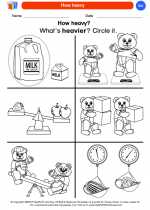 How heavy
How heavy  Coloring Worksheet
Coloring Worksheet How heavy
How heavy  Coloring Worksheet
Coloring Worksheet How Things Move
How Things Move  Coloring Worksheet
Coloring Worksheet How Things Move
How Things Move  Coloring Worksheet
Coloring Worksheet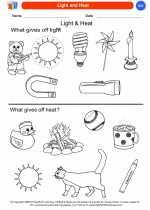 Light and Heat
Light and Heat  Coloring Worksheet
Coloring Worksheet Light and Heat
Light and Heat  Coloring Worksheet
Coloring Worksheet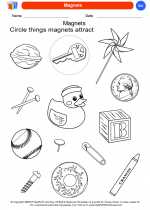 Magnets
Magnets  Coloring Worksheet
Coloring Worksheet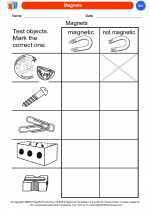 Magnets
Magnets  Coloring Worksheet
Coloring Worksheet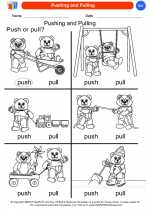 Pushing and Pulling
Pushing and Pulling  Coloring Worksheet
Coloring Worksheet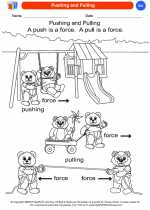 Pushing and Pulling
Pushing and Pulling  Coloring Worksheet
Coloring Worksheet Simple Machines
Simple Machines  Coloring Worksheet
Coloring Worksheet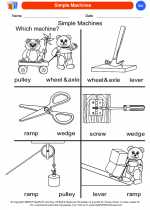 Simple Machines
Simple Machines  Coloring Worksheet
Coloring Worksheet Sink and Float
Sink and Float  Coloring Worksheet
Coloring Worksheet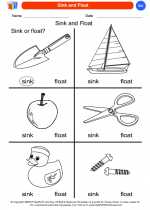 Sink and Float
Sink and Float  Coloring Worksheet
Coloring Worksheet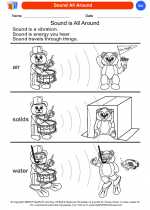 Sound All Around
Sound All Around  Coloring Worksheet
Coloring Worksheet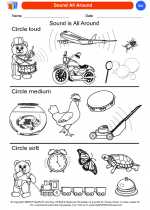 Sound All Around
Sound All Around  Coloring Worksheet
Coloring Worksheet Up and Down
Up and Down  Coloring Worksheet
Coloring Worksheet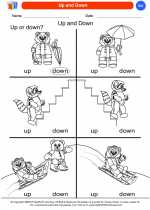 Up and Down
Up and Down  Coloring Worksheet
Coloring Worksheet Wheels
Wheels  Coloring Worksheet
Coloring Worksheet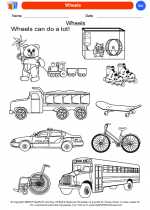 Wheels
Wheels 

 Coloring Worksheet
Coloring Worksheet
 Coloring Worksheet
Coloring Worksheet
 Coloring Worksheet
Coloring Worksheet
 Coloring Worksheet
Coloring Worksheet
 Coloring Worksheet
Coloring Worksheet
 Coloring Worksheet
Coloring Worksheet
 Coloring Worksheet
Coloring Worksheet
 Coloring Worksheet
Coloring Worksheet
 Coloring Worksheet
Coloring Worksheet
 Coloring Worksheet
Coloring Worksheet
 Coloring Worksheet
Coloring Worksheet
 Coloring Worksheet
Coloring Worksheet
 Coloring Worksheet
Coloring Worksheet
 Coloring Worksheet
Coloring Worksheet
 Coloring Worksheet
Coloring Worksheet
 Coloring Worksheet
Coloring Worksheet
 Coloring Worksheet
Coloring Worksheet
 Coloring Worksheet
Coloring Worksheet
 Coloring Worksheet
Coloring Worksheet
